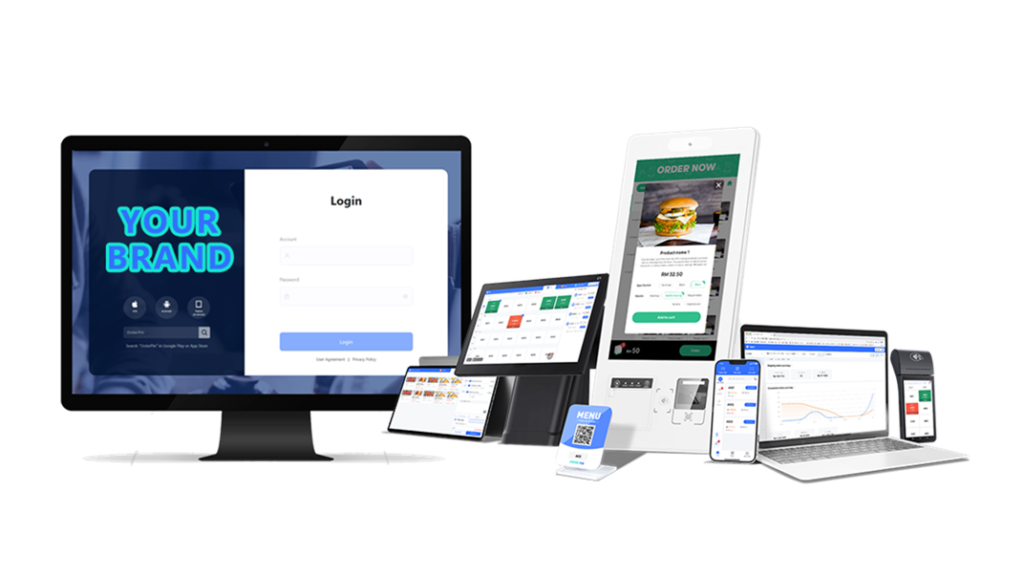The terms “private label POS” and “public label POS” aren’t standard industry terminology, but based on similar concepts, they can be explained as follows:
Private Label POS
- Branding:A private label POS system is developed by a company and rebranded by another business as its own. The company that rebrands the POS system sells it under its name and branding, giving the appearance that it is their proprietary product.
- Customization:These systems are often customizable, allowing the reseller or end-user to modify the interface, features, and branding elements to match their brand identity and specific business needs.
- Target Audience:Typically used by businesses, franchises, or service providers who want to offer a POS solution under their own brand, providing a seamless brand experience across all customer touchpoints.
- Control:The reseller has more control over the branding, pricing, and customer relationships, as the POS system appears to be their own product.
Public Label POS
- Branding:A public label POS system refers to a standard POS product that is branded and sold by the original developer or provider. These systems are marketed and sold under the original company’s brand name.
- Customization:Customization options are generally limited, as the system is designed to cater to a broad audience without significant modifications.
- Target Audience:These are typically off-the-shelf solutions aimed at a wide range of businesses, from small to large enterprises, who do not require extensive customization or branding.
- Control:The original provider controls the branding, pricing, and updates, with the end-user utilizing the system as-is, under the provider’s brand.
Key Differences
- Branding:Private label POS is rebranded by the reseller, while public label POS remains under the original provider’s brand.
- Customization:Private label POS offers more customization to fit the reseller’s brand and business model, whereas public label POS is a standard product with limited customization.
- Control:Private label POS gives the reseller more control over how the product is presented and sold, while public label POS is controlled by the original developer or provider.
These differences determine how businesses choose to implement and offer POS systems based on their branding and operational needs.
As a professional restaurant POS provider
—— OrderPin has tailored white-label POS solutions for hundreds of ISV/MSP.

